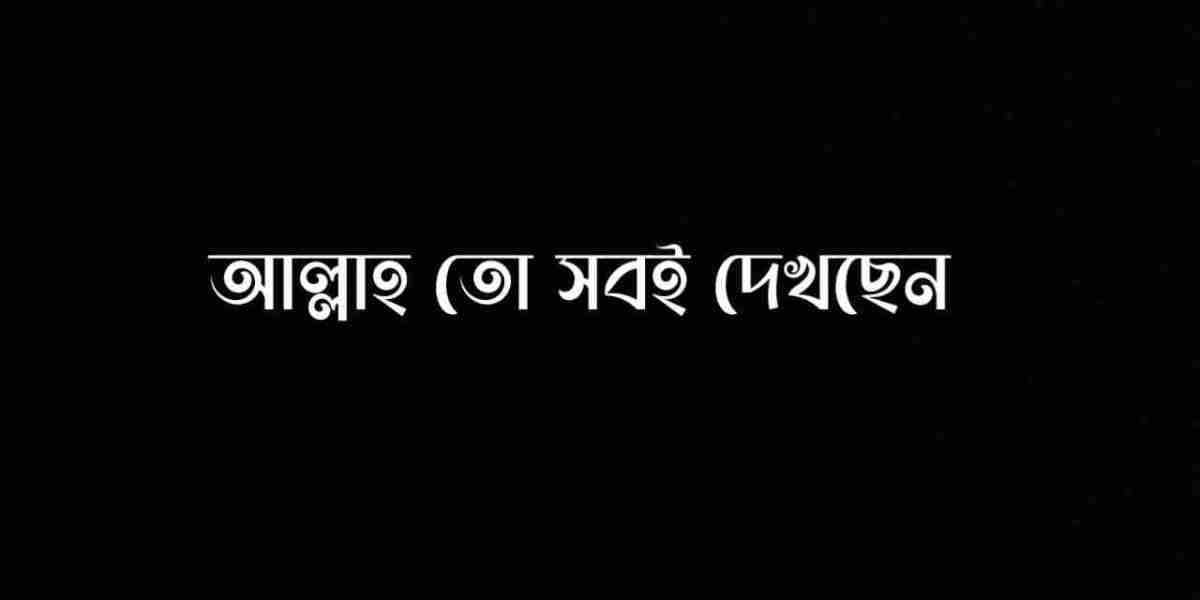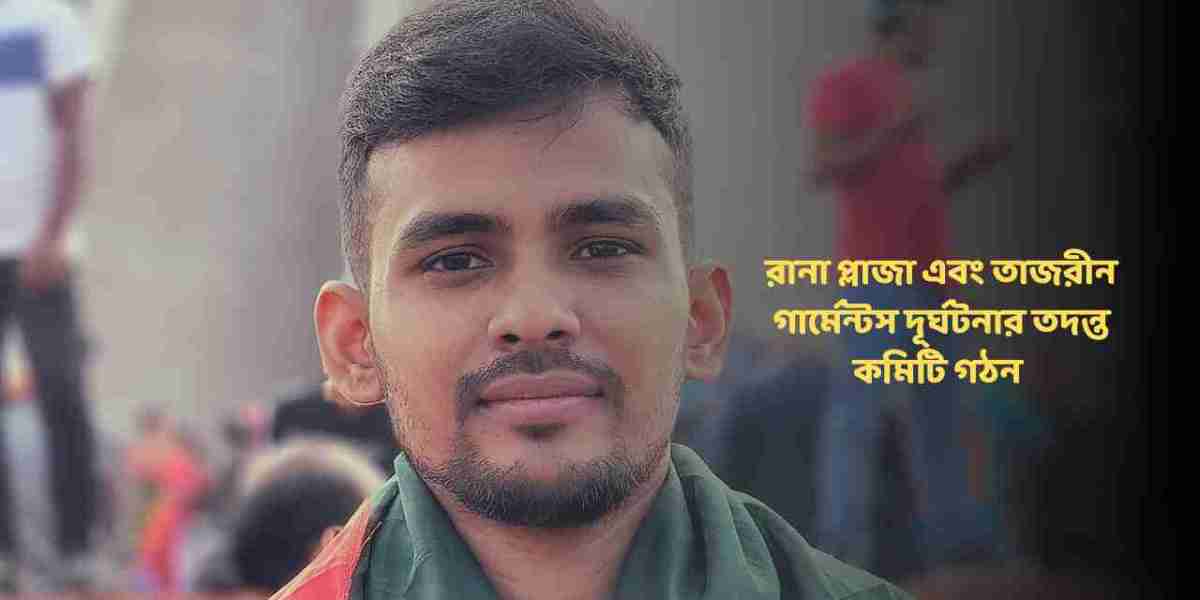So-called 'deepfake' technology uses artificial intelligence techniques to create credible duplicates of audio and video content relatively easily. But how can children be protected from online dangers in today's open door of information technology?
Online dangers to children
The United Nations children's agency UNICEF has identified misinformation online as one of the biggest threats to children. The letter expressed concern that most children will grow up as inhabitants of a digital environment filled with misinformation.
Nasreen Jahan lives in Dhanmondi, Dhaka. Her child is eight years old. He was saying that he had found a way to protect his child from misinformation. Ms. Nasreen was saying, “I don't allow my child to use my YouTube account. Because the videos I watch may not apply to him. That's why I opened a separate Gmail account for him on my mobile”.
He was saying, "I have searched for videos suitable for my child to watch on that YouTube account. And once a topic or content is searched, automatic recommendations start coming about that topic or topics around it”.
This is how my child watches different cartoons in different languages. "Now he has learned a bit of Spanish by watching a cartoon in Spanish," he said.
Nasreen Jahan's child is young, so she can control or strictly monitor her access to social media or other sites on the Internet other than YouTube. But for children who are a little older, it is difficult to take action.
Afifa Islam is such a mother. Her child is studying in college. He was saying "college, coaching, friends all together his world is different. And now Facebook is added. I can't see what's going on there."
According to the policy of Bangladesh, everyone up to the age of 18 is considered a child. Nasima Akhtar Jolly, Secretary of Girls Child Advocacy Forum, mentions a few ways for those who are now going to school or college not to get involved in the web of misinformation on the internet.
He was saying, now that it is the age of information technology, so children cannot be stopped from here or it will not be right. Rather, problems should be identified and solved positively. Miz Jolly was saying, “Parents have to act more consciously.
"Open minded discussions with children when they are 12/13". “Because it is not always possible to monitor what is being viewed on the Internet. Rather, we have to discuss with them what is the good side of which, and what is the bad side of which”.
He was saying that parents should change their mentality in keeping with the times. We need to have a friendly relationship with them and talk openly about things we don't usually talk about. "Online misinformation is already putting children at risk of online sexual harassment, humiliation and other forms of abuse," UNICEF's letter warned.
Miz Jolly was saying, schools and colleges have a role to play here. Because children of this age are within this boundary. Friends are more than here. He said, "A class can be taken outside the regular class to discuss how fake news or misinformation can lead them astray and how good information can lead them forward". "Since time is the Internet or online, the issue should be taken seriously in the education sector."



















































